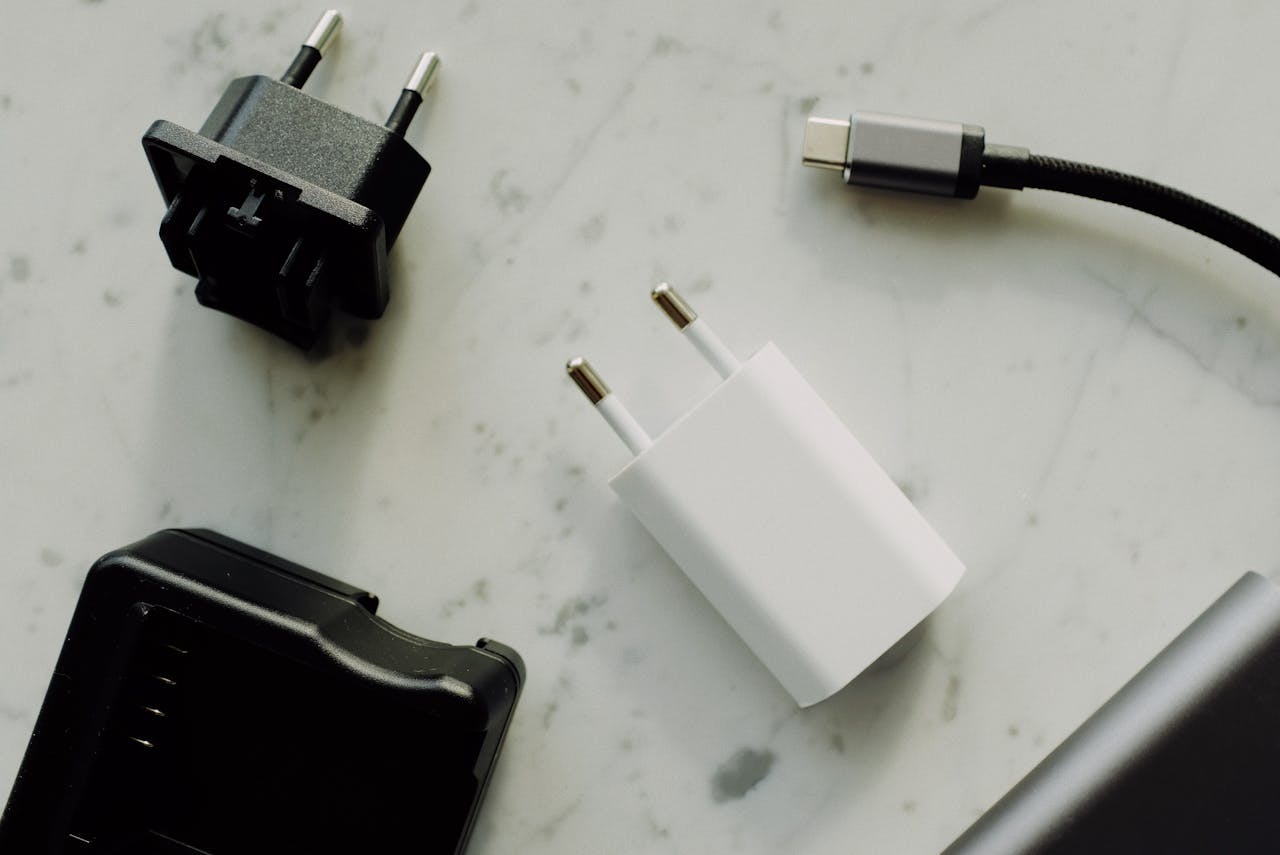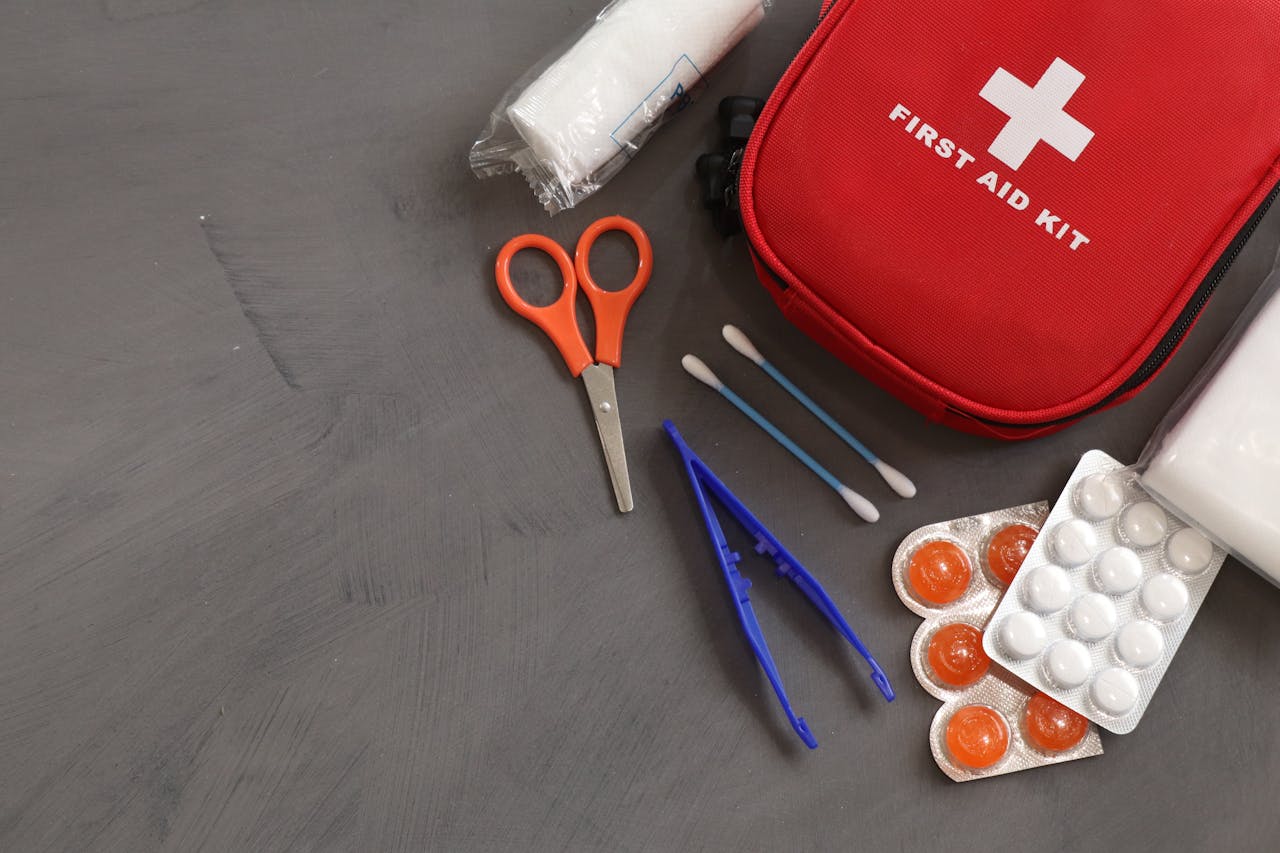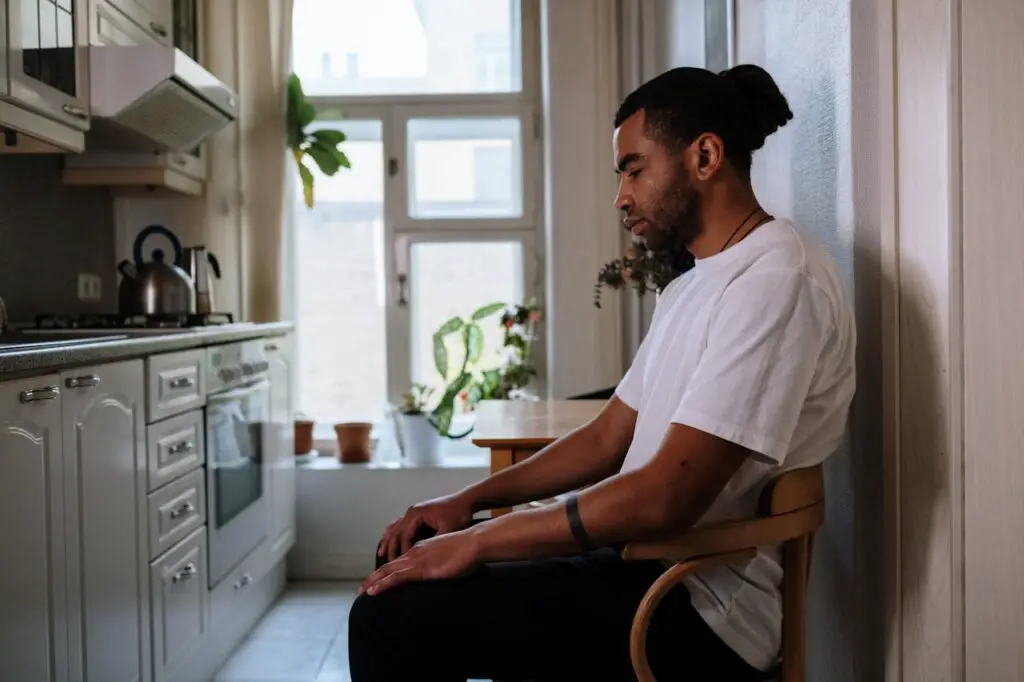Suitcase Savvy 10 Essential Tips for Stress-Free Travel

There’s nothing quite like the excitement of an upcoming trip. Whether you’re a frequent flyer, planning a family vacation, or embarking on a solo adventure, packing for your trip can often be a daunting task. The good news? It doesn’t have to be! Mastering the art of packing not only saves you time and stress but also ensures you have everything you need for a smooth and enjoyable travel experience.
In this comprehensive guide, we’ll explore 10 essential packing tips that will transform your travel preparation from stressful to seamless. From selecting the right luggage to organizing your belongings efficiently, these tips are designed to cater to every kind of traveler. Let’s get started!
1. Choose the Right Luggage

Selecting the right luggage is your first step toward stress-free travel. Frequent travelers might prefer a durable, lightweight suitcase with multiple compartments. Family vacation planners might benefit from expandable luggage to accommodate last-minute additions. Solo adventurers might opt for a versatile backpack or carry-on.
Consider the length and purpose of your trip when choosing your luggage. A weekend getaway requires different packing needs compared to a two-week vacation. Additionally, ensure your luggage meets airline size and weight restrictions to avoid unexpected fees and hassles at the airport.
Investing in high-quality luggage with sturdy zippers, handles, and wheels can save you from potential travel mishaps. Look for features like TSA-approved locks for added security and built-in charging ports for convenience.
2. Make a Packing List

Creating a detailed packing list is a game-changer for stress-free travel. Start by listing essential items such as clothing, toiletries, medications, and travel documents. Tailor your list to the specifics of your trip, considering factors like weather, activities, music festivals, and cultural norms.
A packing list helps ensure you don’t forget important items and minimizes the risk of overpacking. It’s also a handy tool for repacking and ensuring you don’t leave anything behind when returning home.
Digital packing list apps can streamline the process, allowing you to check off items as you pack. Share your list with travel companions to coordinate shared items and avoid duplication.
3. Pack Versatile Clothing

Opt for clothing that can be mixed and matched to create multiple outfits. Neutral colors and simple designs are versatile and can be dressed up or down depending on the occasion. This approach reduces the number of items you need to pack while ensuring you have suitable attire for various activities.
Layering is key for adapting to different weather conditions. Pack lightweight, breathable fabrics for warm climates and add layers like sweaters or jackets for cooler temperatures. Accessories like scarves and hats can add variety to your outfits without taking up much space.
Roll your clothes instead of folding them to save space and minimize wrinkles. Consider packing cubes to keep your clothing organized and easily accessible.
4. Organize with Packing Cubes

Packing cubes are a traveler’s best friend when it comes to maintaining organization. These small, zippered compartments help categorize your belongings, making it easier to find what you need without rummaging through your entire suitcase.
Designate a packing cube for each category of items, such as clothing, toiletries, and electronics. This method not only keeps your suitcase tidy but also allows for quick and efficient packing and unpacking at your destination.
Packing cubes come in various sizes and can be compressed to save space. Some even have mesh panels for breathability and visibility, so you can easily identify the contents.
5. Use Travel-Sized Toiletries

Toiletries can take up a significant amount of space in your luggage. Opt for travel-sized versions of your essential products to save space and comply with airline liquid restrictions. Many brands offer travel-sized versions of their popular products, or you can transfer your favorites into reusable travel containers.
Consider solid toiletries like shampoo bars, soap bars, and toothpaste tablets to reduce the risk of spills and leaks. These items are often more compact and can last longer than their liquid counterparts.
Store your toiletries in a clear, resealable plastic bag to comply with airport security regulations and make it easier to access them during your trip.
6. Stay Charged with a Travel Adapter

A reliable travel adapter is a must-have for international travelers. Different countries have different types of electrical outlets, and having the right adapter ensures you can charge your devices and use your electronics without any issues.
Look for a universal travel adapter that covers multiple plug types and includes USB ports for added convenience. Some adapters also have built-in surge protection to safeguard your devices from voltage fluctuations.
Pack a portable power bank to keep your devices charged on the go. This is especially useful for long flights, train rides, or days spent exploring without easy access to outlets.
7. Keep Important Documents Accessible

Travel documents such as passports, boarding passes, and itineraries are essential for a smooth travel experience. Keep these documents organized and easily accessible in a dedicated travel wallet or document holder.
Make photocopies or digital backups of important documents in case of loss or theft. Store these copies separately from the originals to ensure you have access to the necessary information in an emergency.
Consider using a travel app to store digital versions of your documents. Many airlines and travel companies now offer digital boarding passes and itineraries, reducing the need for printed copies.
8. Plan for In-Flight Comfort

Long flights can be uncomfortable, but with a few thoughtful additions to your carry-on, you can make the experience more enjoyable. Pack a travel pillow, eye mask, and earplugs or noise-canceling headphones to help you rest during the flight.
Dress in layers to adapt to changing cabin temperatures. Comfortable, breathable clothing and slip-on shoes make it easier to relax and move around the plane.
Bring snacks and an empty water bottle to stay hydrated and energized throughout the flight. Many airports have water refill stations past security, allowing you to fill up your bottle before boarding.
9. Pack a First Aid Kit

A compact first aid kit can be a lifesaver during your travels. Include essentials like adhesive bandages, antiseptic wipes, pain relievers, and any personal medications you may need.
Consider packing items for common travel ailments such as motion sickness, allergies, and digestive issues. Having these supplies on hand can save you a trip to the local pharmacy and provide peace of mind.
Store your first aid kit in an easily accessible part of your luggage, such as the front pocket of your carry-on or a designated packing cube.
10. Secure Your Belongings

Protecting your belongings is crucial for stress-free travel. Use luggage locks to secure your suitcase and prevent unauthorized access. Many modern suitcases come with built-in TSA-approved locks for added security.
Consider using a luggage strap or tag with your contact information to help identify your bag and ensure it doesn’t get lost in transit. Brightly colored straps and tags also make it easier to spot your suitcase on the baggage carousel.
Invest in a travel insurance policy that covers lost or stolen belongings. Minimize the amount of physical cash carried on your trip. This added layer of protection can provide peace of mind and financial assistance if something goes wrong during your trip.
Final Thoughts

Packing for a trip doesn’t have to be a source of stress. By following these 10 essential packing tips, you can enjoy a seamless travel experience and focus on making memories. Remember to choose the right luggage, create a packing list, and pack versatile clothing. Organize your belongings with packing cubes, use travel-sized toiletries, and stay charged with a travel adapter. Keep important documents accessible, plan for in-flight comfort, pack a first aid kit, and secure your belongings.
We hope these tips make your next adventure a breeze. Ready to take your travel preparation to the next level? Subscribe to our newsletter for more travel tips, or book a consultation with one of our travel experts today!





























































































